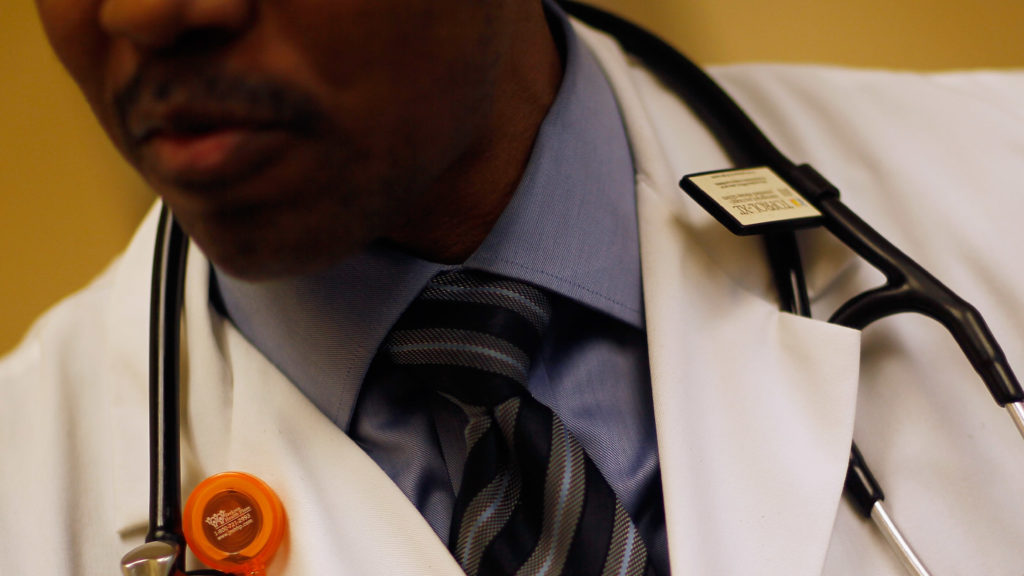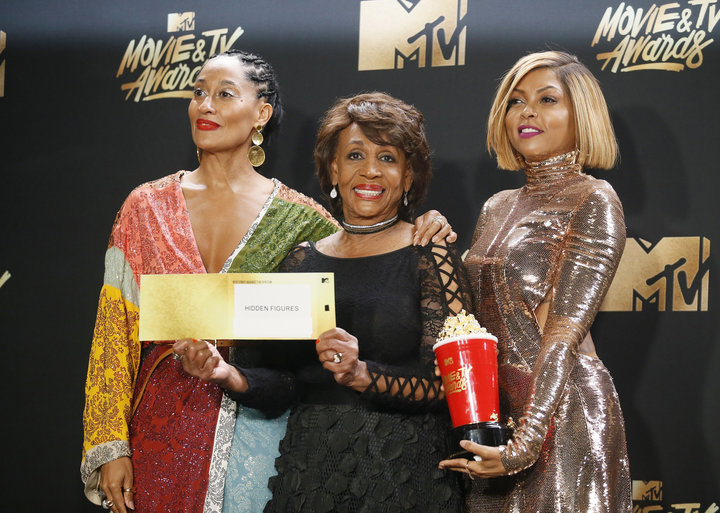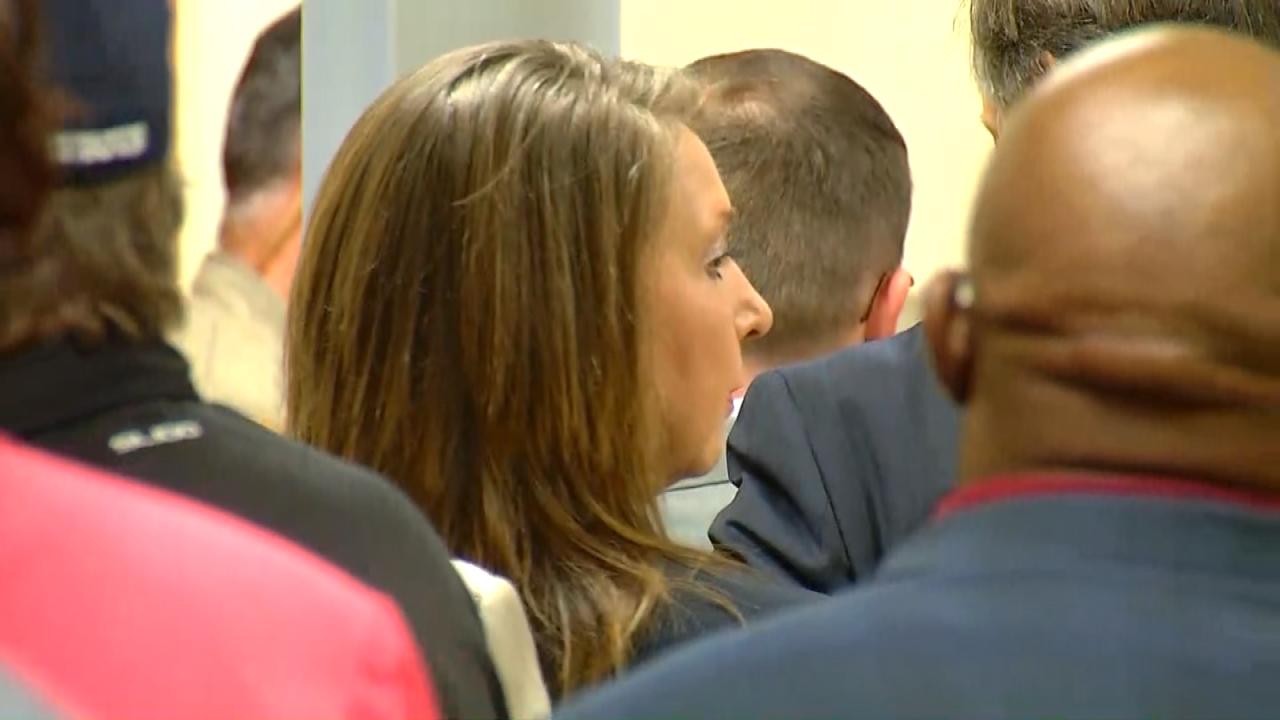
By DAVID R. WILLIAMS and FITZHUGH MULLAN
Plenty of rivers flow from the Black Lives Matter movement. Criminal and economic justice are the most obvious of these. Here’s one that hardly touches the public consciousness but that also matters: Our nation needs more black doctors, especially black male doctors.
Why? Because the talents of young black men who would make outstanding doctors are being wasted since so few make it into the medical profession and because black people need far greater access to culturally connected physicians who understand their lives and their challenges as much as their clinical needs.
A little more than a year ago, the Association of American Medical Colleges sounded the alarm, reporting that there were fewer black males applying to and attending medical school than in 1978 — this in a nation that doesn’t have doctors to spare and whose minority population has ballooned over the last 40 years. The overall number of minority physicians, including black female physicians, is increasing, though not as rapidly as it should.
This is a big problem for black Americans. We aren’t saying that only black doctors should treat black people. But black people should be able to find black doctors when they want them.
Here’s why, best articulated by Dr. Damon Tweedy, a psychiatrist and author of “Black Man in a White Coat”: “When I have been particularly successful at treating black patients, it has often had less to do with any particular talent on my part than with my patients’ willingness to bring up the racial concerns that troubled them.”
Cultural competence plays an important role in communication that goes far beyond diagnostic skill. It encompasses the knowledge, skills, and attitudes required to bridge cultural, ethnic, and linguistic gaps between patients and providers. It’s not a once-and-done module or in-service training but a lifelong pursuit.
There are consequences to cultural incompetence. In one study, black patients nearing the ends of their lives received much less empathy from white physicians than from their black counterparts, despite receiving the same factual information. In an even more disturbing study, half of the medical students at the University of Virginia falsely believed that black patients’ blood coagulates faster than that of white patients and that black people have more tolerance to pain than whites.
Underrepresented minority physicians are more likely to serve in underrepresented minority areas, and there is a glaring doctor shortage in hundreds of communities where black people live. Data also show that black male physicians are more likely to work in primary care, where there is the greatest need, than in specialty care.
There are very achievable solutions for turning around this shortage of black male doctors. At the most formative stage, K-12 education should be equal opportunity education for all children in our country. In reality, most black children go to highly segregated schools. Compared to other schools, segregated schools have lower per-student spending, teacher quality, and educational resources, and higher levels of neighborhood poverty, crime, and violence.
At the undergraduate level, we need to expand financial aid for black males and pursue creative financing strategies that don’t foreclose medical school as an option before young men can even begin it. We should also do what many undergraduate colleges and universities are doing: de-emphasizing standardized test scores that, above a certain threshold, provide no evidence that one individual is more equipped for medical school than another.
But the problem is not about recruitment alone. It’s also about remediating the lack of black physicians in leadership positions in our nation’s hospitals, universities, and clinics. African-American men represent just 2 percent of male full-time faculty at MD-granting institutions. This sends the wrong signal to young, aspiring black students who see a dearth of role models. This also misses the opportunity to influence the future pipeline of the medical profession.
The Black Lives Matter movement has succeeded in creating a platform to raise up the voices of young black men and women who can be our next generation of social justice leaders. Now it’s time for policies and practices in the United States to do the same in the health sphere. Leaders in federal and state government, as well as in academic medical centers, must support the health of black Americans by empowering young black men and women to be doctors if they have the talent, will, and passion to succeed.
The specialized knowledge learned in medical school has a limited shelf life; the science behind it will inevitably advance. New treatment options and approaches will emerge. But what will not change is a doctor’s ability to lend dignity to others, to give compassion in a time of vulnerability, to act ethically, and to help others in need. These characteristics are not the province of any single ethnic group. But we need more black doctors because black lives do matter and black doctors are best suited to make that case as clinicians today and as role models for tomorrow.
David R. Williams, PhD, is professor of public health at the Harvard T. H. Chan School of Public Health and professor of African and African-American studies at Harvard University. Fitzhugh Mullan, MD, is professor of health policy and pediatrics at George Washington University, a former director of the National Health Service Corps, and author of the book “White Coat, Clenched Fist: The Political Education of an American Physician” that documents his work in Mississippi as a medical student in the civil rights movement.










